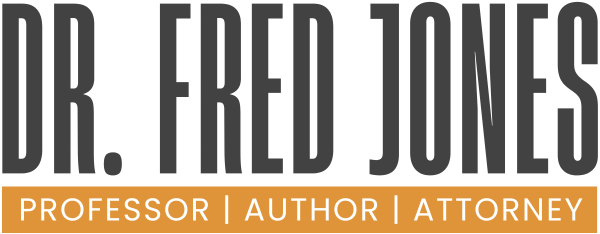Maximize Your Choices Identify the Elements Pique Curiosity
A book’s title grab’s attention, should be easy to remember, and should connect to the story or research, if non-fiction. The title may come to you as you write your story or may be a memorable line from the story. It could be the main character’s name.
A book is also your business card. The title of your book, therefore, helps establish your credibility in a subject and sell your brand. You will be using it in your future endeavors: your bio, press releases, speeches, reviews, blogs, and flyers—all promotional materials. When you are choosing a title for your book, remember to consider the role it will play as your brand. If you are writing a self-help book, the title could offer a solution to the problem the book addresses.
Start out with a long title and edit it down to a shorter title, usually no more than five words. Use an active verb, not a passive verb and clear-cut, unambiguous nouns. Be simple and direct. What is the theme of your book? Is there a dominant character? Is there a special place in the book? The time in history or place in society is another alternative; even the year in which it took place can play a role. Alliteration often leads to a catchy title.
Subtitles
Does your book need a subtitle? A subtitle usually gives the reader more information about a book—who it is for, what needs it will meet. For example, a cookbook may have the title, Life on the Farm. How would you know it is a cookbook unless it has a subtitle? The subtitle, Recipes from Our Table to Your Table now clearly identifies the audience for the book. In general, a non-fiction book often needs a subtitle, but fiction usually does not.
_______________________________________________________________________________________________________

